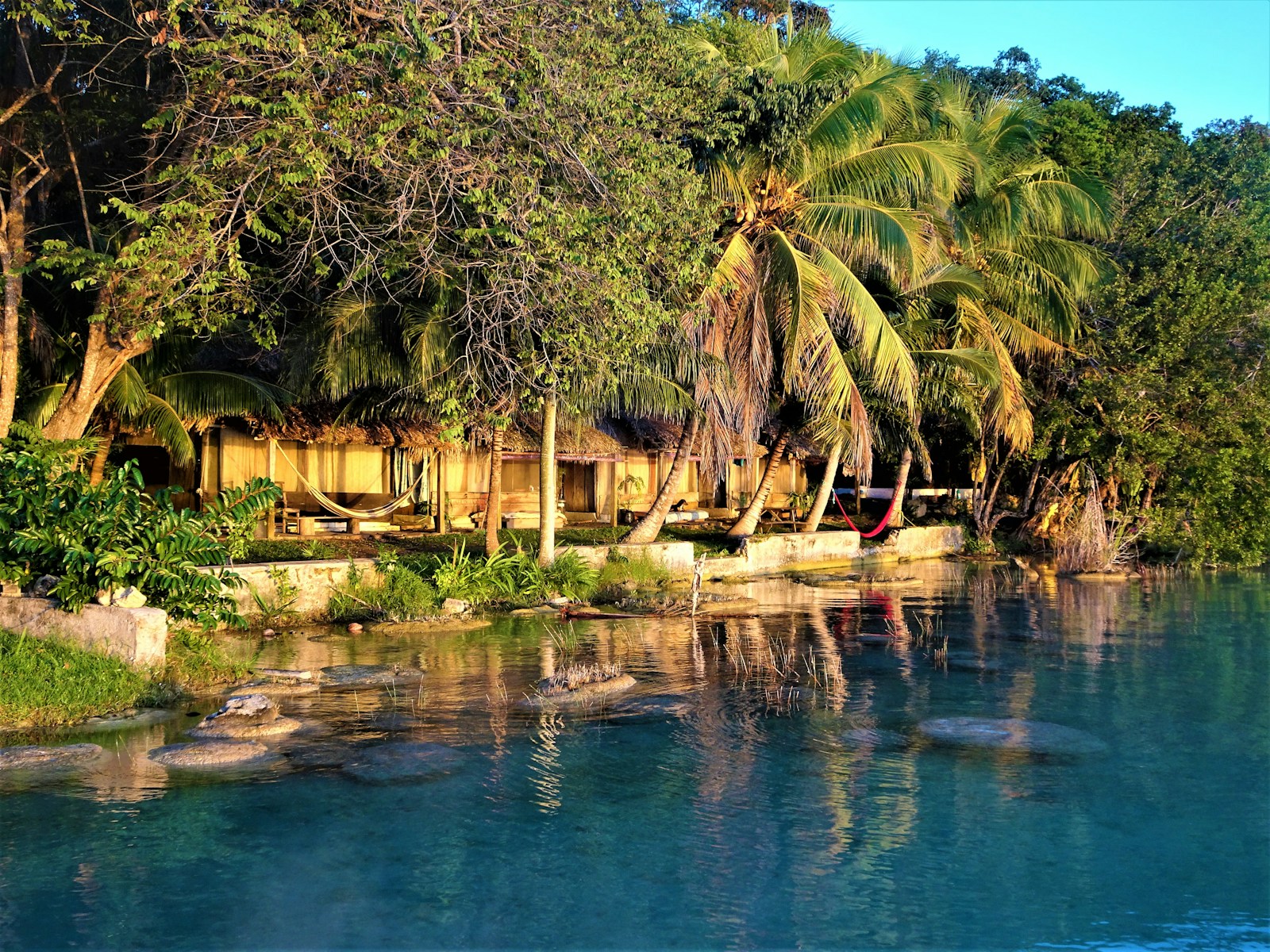
bungaló

bungalow
The Spanish word 'bungaló' is translated as 'bungalow' in English. This word is used to denote a low house, typically with a broad front porch, that originated as a type of dwelling in India and later became popular in the western countries. While the exact architectural definitions and standards may vary across different cultures and regions, the core concept remains consistent. It is specifically used for small or medium-sized one-story houses which might also have additional rooms or floors added.
Example sentences using: bungaló
Compré un bungaló cerca del mar.

I bought a bungalow near the sea.
In this sentence, the speaker is stating that they have purchased a bungalow, which is a type of low-rise dwelling or house, situated near the sea. The use of 'cerca del mar' (near the sea) implies that the bungalow is located within a short distance from the sea.
El bungaló es un tipo de vivienda pequeña.

The bungalow is a type of small house.
This sentence is describing a bungalow as a type of small house. In many Spanish-speaking cultures, a 'bungaló' can refer to not only a single-storey house, but also any small or compact dwelling, including apartments, cabins or even mobile homes.
Decidieron alquilar un bungaló para las vacaciones.

They decided to rent a bungalow for the holidays.
This sentence uses the verb 'decidieron' (they decided) to show an action taken by a group of people, renting a bungalow for their holidays. The phrase 'para las vacaciones' indicates the reason or period of time for which they have rented the bungalow.